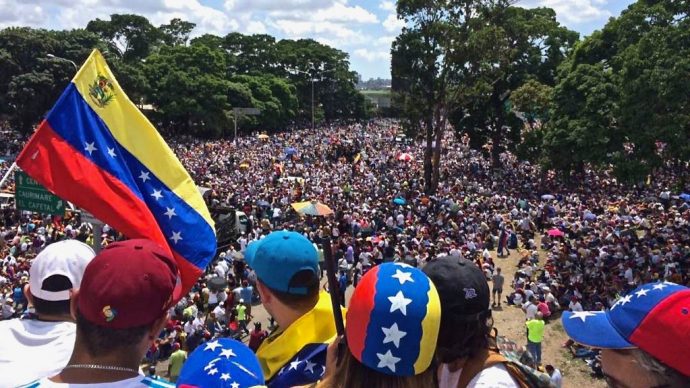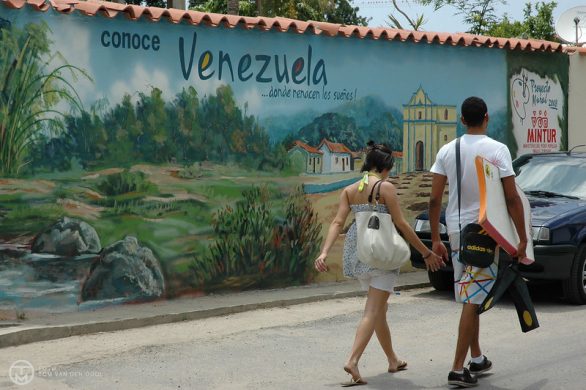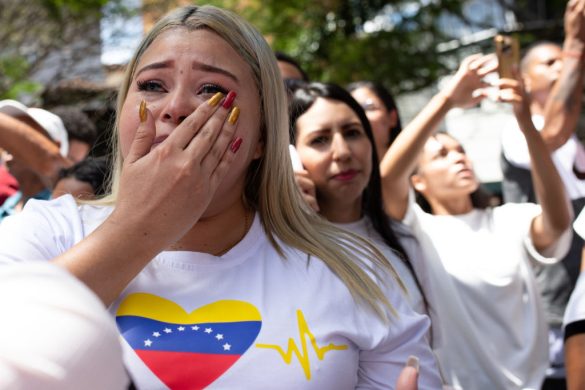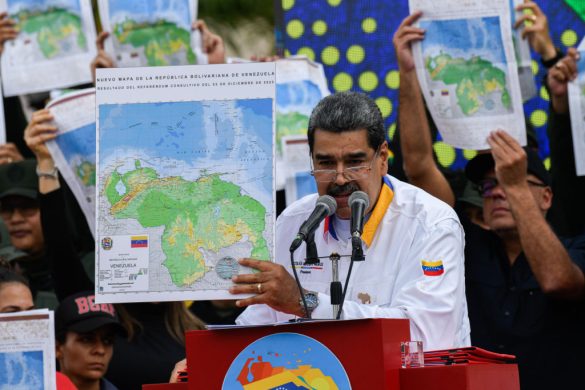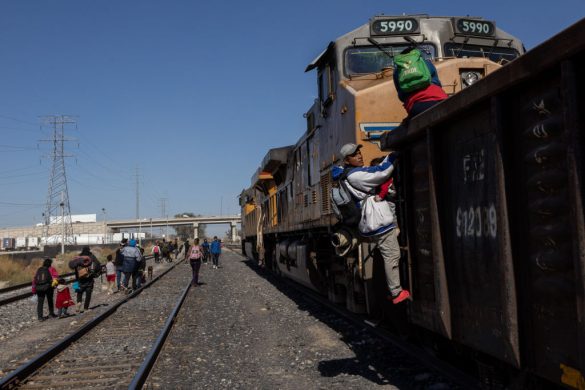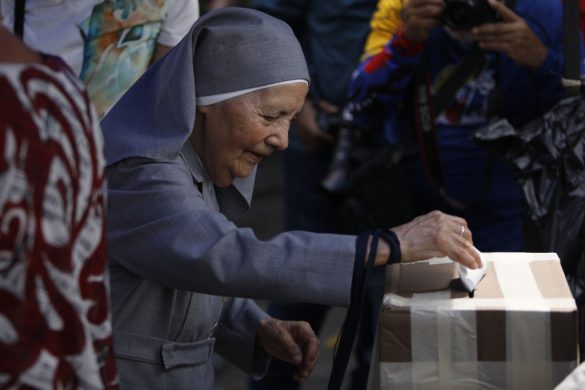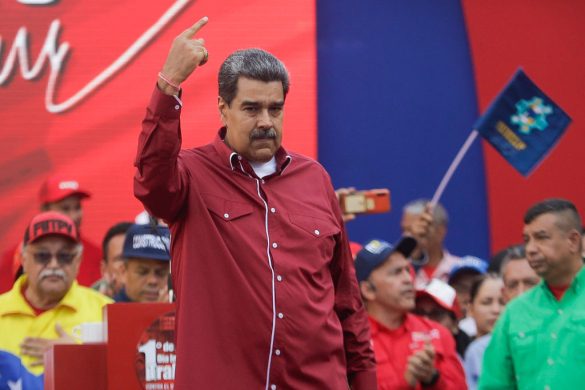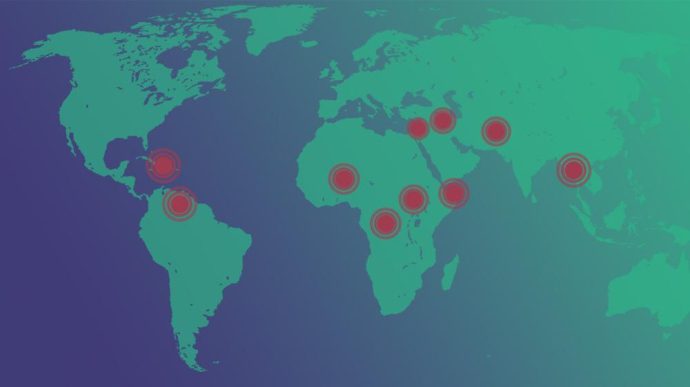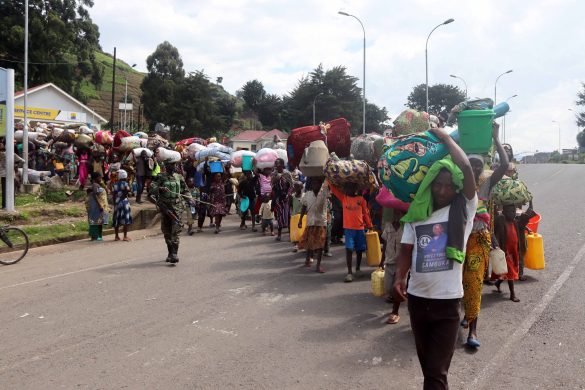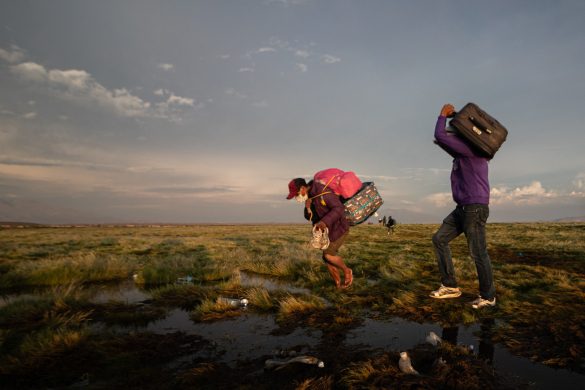There is one aspect of the Venezuelan economic crisis that often goes untold: how it impacts women and girls.
With 44 percent of the country’s households headed by women, it is they who usually suffer through the long supermarket queues, who endure the crippled health care system when their loved ones fall ill, and who mourn the death of the children at the hands of the police — all while surviving the grim statistics that afflict their gender.
While it is true that the Venezuela government has had policies aimed at easing female poverty, many other aspects of female autonomy have been neglected by the Bolivarian government, despite it often proclaiming itself to be “feminist”.
Income transfer programs like Madres del Barrio (“mothers of the slum”), from 2006, and Hijas e Hijos de Venezuela (children of Venezuela), from 2011, have created a crucial safety net for families living in extreme poverty. Combined, both programs hand out between 150-350 USD, depending on the number of children.
Abortion, on the other hand, was made illegal in Venezuela’s Bolivarian Constitution, inheriting its status from the country’s previous political order that the Bolivarians had otherwise upended. Neither Chávez or Maduro have made efforts in modifying this in their 20-year-long tenure. Abortion remains allowed solely in cases of maternal life.
”In Venezuela the term ‘feminism’ has been consumed, abused and above all, distorted by [those] in power. […] While they speak about political representation, president Nicolás Maduro uses sexist terms to insult minorities […] While they insist that the number of female ministers in the executive branch surpasses that of any other country in the continent [women continue] to endure situations in which their gender identity continues to be crushed by the historical interpretation that devalues them.”
Previously-existing problems not only failed to be addressed: with a raging economic crisis, they have been dangerously aggravated.
according to three local rights monitoring organizations. Several cases of sexual abuse against women by law enforcement authorities have been reported during the 2017 protests.
Læs hele artiklen hos Global Voices

